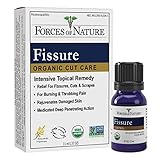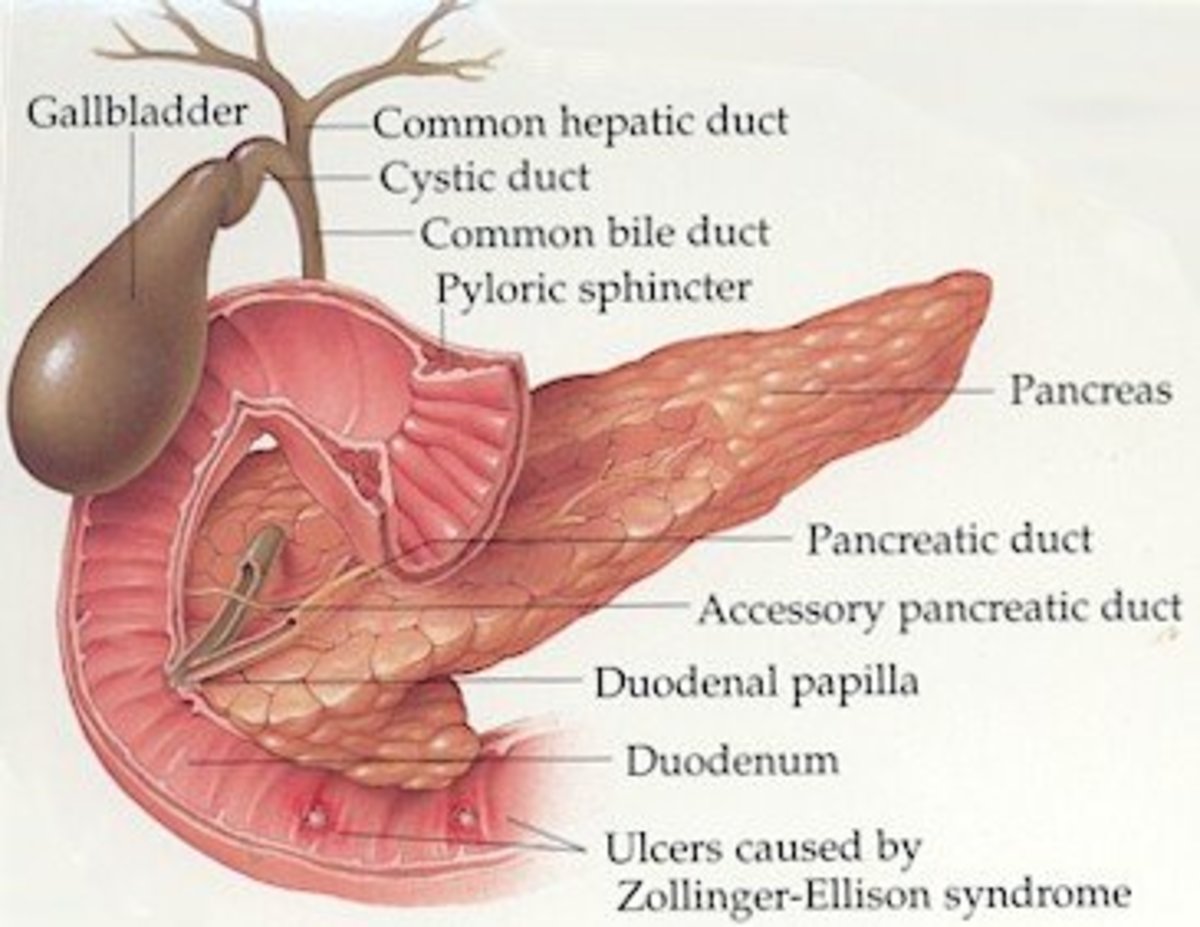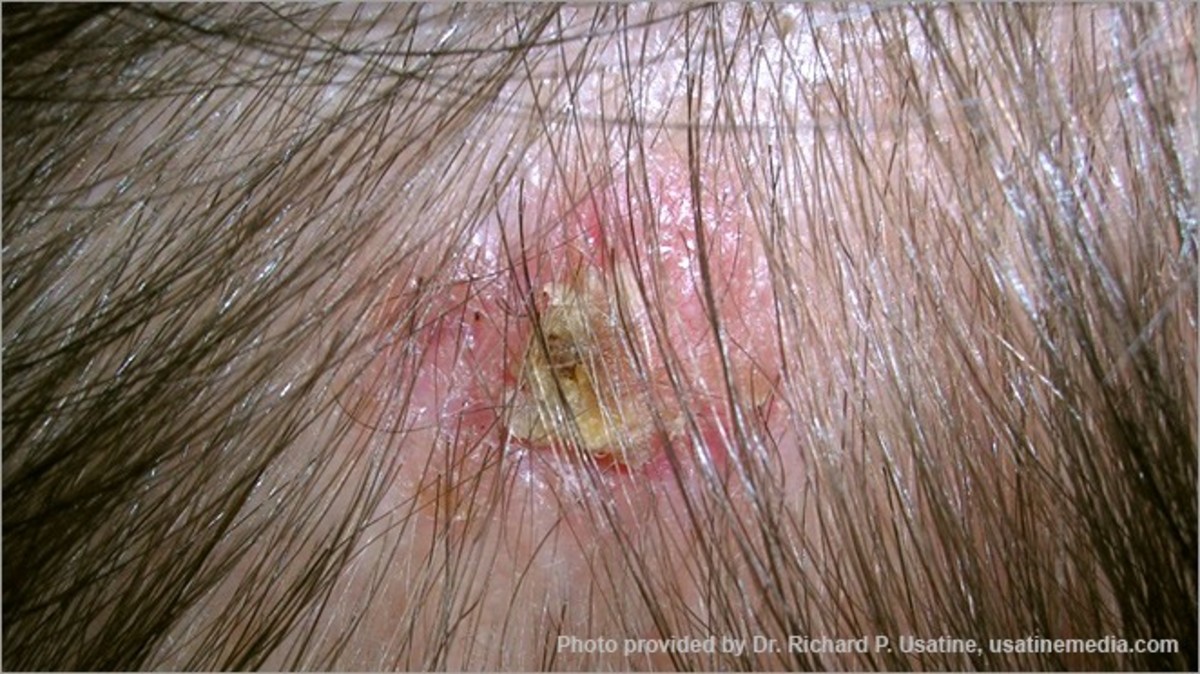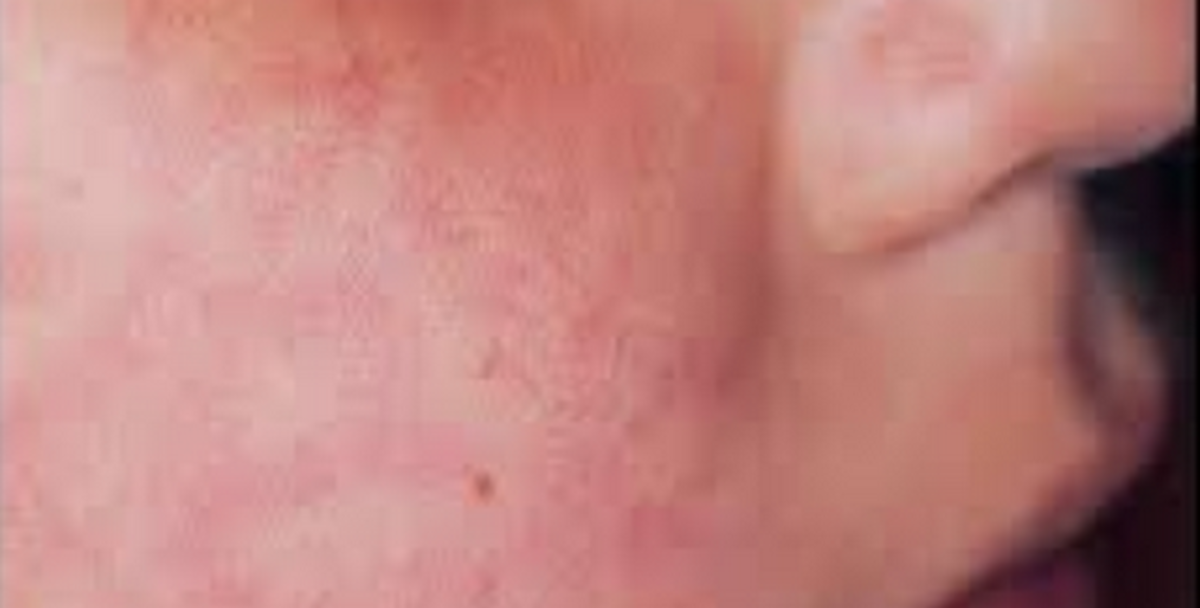How To Treat Anal Fissures

Do you experience pain and bleeding during bowel movements? If you answered YES, then there is a high chance that you are suffering from an anal fissure. In this article we shall be taking a look at what an anal fissure is and how to go about treating anal fissures.
What is an anal fissure?
Everybody has a thin and soft tissue that lines his or her rectal opening. This tissue is so delicate that it is very prone to tear. A tiny tear that occurs in the thin tissue lining the rectal opening is what is referred to as an anal fissure.
An anal fissure can be extremely painful and lead to blood in your stool. The pain normally comes when one is having bowel movements and can last for a long time after one has finished defecating. How severe the pain associated with anal fissure gets largely depends on the size of the tear.
Itching in and around the anal area is another common symptom associated with anal fissure.
What are the causes of anal fissure?
There are so many things that can cause a tear in the tissue of the rectal opening. Here are some of the most common causes:
- Passing stools that are large or very hard is the most common cause of an anal fissure in the average person. Because of how soft and thin the tissue that lines the rectal opening is, it is very easy for a very hard or large stool to cause damage to the tissue.
- Straining during bowel movements can also cause one to develop an anal fissure. The more you strain during your bowel movements, the more stress you put on the thin and fragile anal tissue and the more likely it is for the tissue to get damaged.
- A severe form of diarrhea is another thing that can easily make one to suffer from anal fissure. Why diarrhea can contribute towards the development of anal fissure is simply because of the fact that when you have severe diarrhea, the waste from the bowels becomes very watery and comes out very often. As this happens very frequently, the soft tissue lining the rectal opening can get so stressed to the point where it tears.
- Constipation is also another common cause of anal fissures. People who suffer from constipation tend to have higher risks of developing anal fissures mainly because constipated individuals tend to strain a lot during bowel movements.
Other causes of anal fissure include:
- Inflammatory bowel disease
- Anal cancer
- Tuberculosis
- HIV and other sexually transmitted diseases
Anal fissure treatments
Now that we have seen what an anal fissure is and what causes it, let us now take a look at how to go about treating it.
Your anal fissure can heal on its own
It is worth noting that sometimes you don’t need to do anything to your anal fissure since more often than not it heals on its own. If your tear or fissure isn’t very big, then within some few weeks, the fissure will heal on its own. The healing process is even faster when you are healthy and have a strong immune system.
Soak your bottom in warm water
You can however accelerate the healing process by sitting in very warm water for about 15 minutes two or more times a day. For the best results, it’s recommended you sit in the warm water after have had your bowel movements. According to doctors, when you continuously sit in warm water, your anal muscle will relax and the healing process is accelerated. So for example, if John and Tom both have anal fissures and Tom frequently soaks his bottom in warm water whereas John doesn’t, the likelihood of Tom’s fissure healing faster than John’s is extremely high.
Watch your stools
Avoid passing hard stools if you are suffering from an anal fissure since the harder your stools are, the more tear they are going to create in the fissure, thereby making your fissure the more difficult to heal. There are two major things that you can do to avoid passing hard stools. The first thing you can do is to drink more water. Try to drink as much water as possible on a daily basis. The more water that you drink, the softer your stools are going to become. When stools are soft, they can’t damage the anal tissue or cause more damage to a fissure. The second thing you can do is to go in for laxatives. You can use bulk-forming laxatives to help soften your stools and make it easier for the stools to pass smoothly through your rectal opening without causing any damage.
Here are some of the best bulk-forming laxatives out there:
Treat your constipation
If you are suffering from a fissure and you are constipated, then treating the constipation will play a crucial role in giving you relief from the fissure. The thing about constipation is that it not only causes an anal fissure to develop but is also worsens it. You can fight constipation by drinking plenty of water every day and adding more fiber into your diet. Examples of foods that contain high amounts of fiber include vegetables, fruits, and wholegrain foods.
Don’t strain during bowel movements
Straining during bowel movement is never a good thing – especially when you are suffering from a fissure. When you strain, you create too much pressure or stress on the anal tissue. The stress can easily cause the fissure that is about healing or which has already healed to develop a new tear, thereby worsening your condition.
Be physically active
Regular physical activity or exercise is very important in keeping the body strong and healthy. Studies have shown that exercise plays a significant role in accelerating the healing process of anal fissure because of two major reasons. The first reason is that regular exercise boosts the immune system and therefore helps in fighting against diseases that attack the body. A strong immune system therefore makes wounds and cuts on your body heal faster. The second reason why exercise is good during the fight against anal fissure is because of the fact that exercise makes blood flow properly to all parts of the body. When blood supply to the fissure is increased, the healing process is increased dramatically. You can engage in simple and great exercises like walking, brisk walking, and jogging for at least 30 minutes every day. If you can’t do this every day, then at least try to do it most days of the week.
Anal fissure creams and ointments
There are some great creams and ointments out there that are very effective in healing anal fissures. Most of these creams and ointments are applied directly to the region around the anal opening.
Doctors often prescribe the following creams and ointments for the treatment of anal fissures:
Nitroglycerin ointment
One of the most common medications used in effectively treating anal fissures is nitroglycerin ointment. When this ointment is applied to the anal area, it allows for more blood to flow to the fissure and relaxes the anal muscle, thereby accelerating the healing process. Because of how effective nitroglycerin is in treating fissures, many consider it one of the best anal fissure ointments on the market and don’t even waste their time using conservative treatments such as soaking the bottom in warm water for minutes, using laxatives, eating more foods rich in fiber, etc. Nitroglycerin is indeed very effective in treating anal fissures – including majority of chronic fissures. The only problem with it is that it sometimes has headaches to be a side effect. But not everybody that uses nitroglycerin ends up with a headache.
Forces of Nature Fissure Control
What does Forces of Nature Fissure Control do? As the name implies, this anti-inflammatory product battles anal fissure and the pains associated with it. In addition to giving rapid relief from the pains that occur during and after bowel movements, Forces of Nature Fissure Control also heals the damaged rectal tissue, thereby healing the fissure.
If you suffer from hemorrhoids, you can also use Forces of Nature to treat it.
Topical anesthetic
Sometimes if the pain from the fissure is extremely unbearable, your doctor can prescribe a good topical anesthetic for you. An anesthetic is a drug that prevents you from feeling pain. One of the most commonly prescribed anesthetic is Lidocaine. When you apply Lidocaine to the anal area, it numbs the area and saves you from feeling the excruciating pain caused by the fissure.
Other treatments for anal fissures
Sometimes doctors may also recommend the following:
Botulinum toxin injections which treat anal fissures by paralyzing the sphincter muscle and preventing it from contracting and causing pain. This helps in speeding up the healing process.
- Certain medications used in treating blood pressure such as diltiazem are sometimes also used in treating anal fissures.
- Surgery is normally the last resort. If all treatment methods fail to heal your fissure, then your doctor may recommend that you undergo surgery. There are several kinds of surgical techniques used by doctors during an anal fissure surgery. One of the most common of these techniques is by making a small cut in the sphincter muscle in order to relax the muscle and reduce spasm, thereby accelerating healing. This type of surgery is called lateral sphincterotomy. Surgery is normally the most effective treatment for people who suffer from chronic anal fissures.










